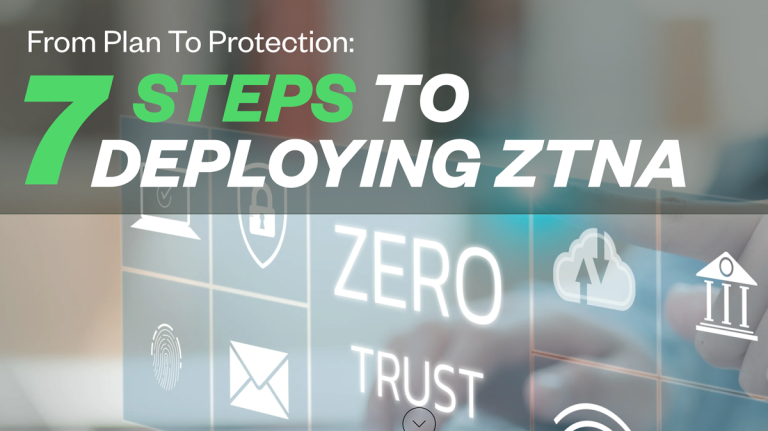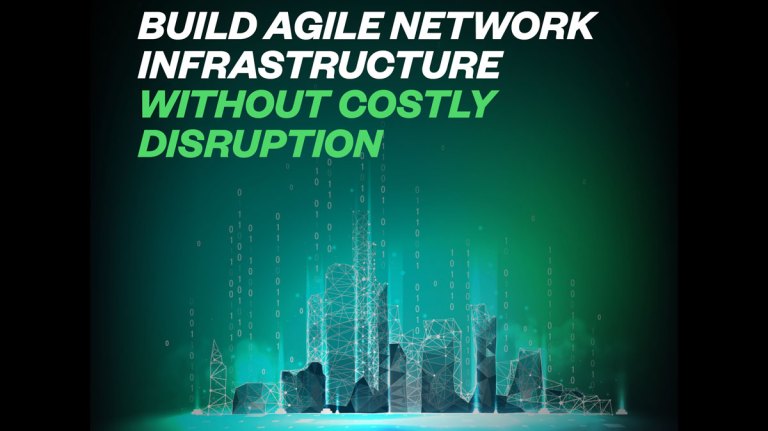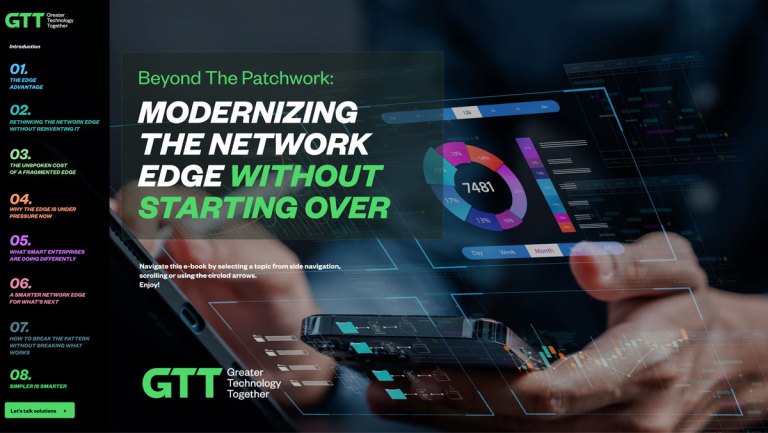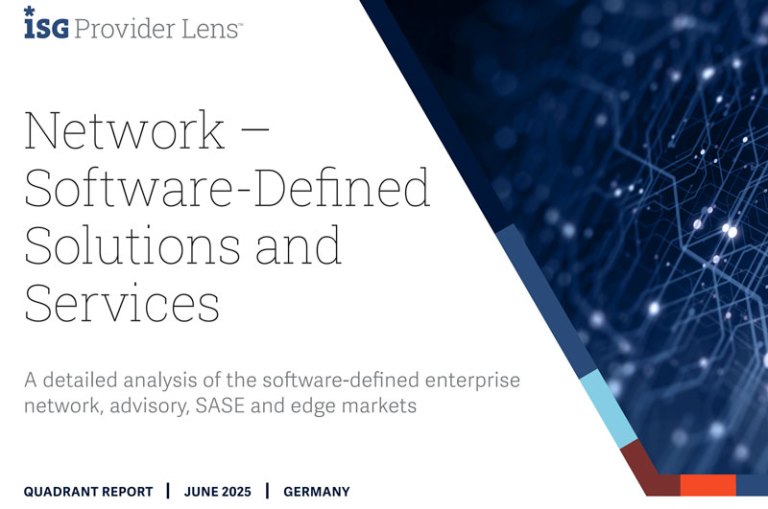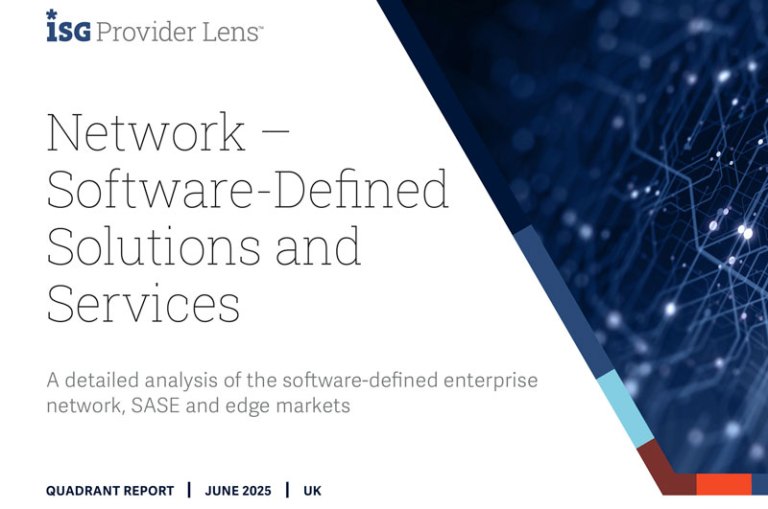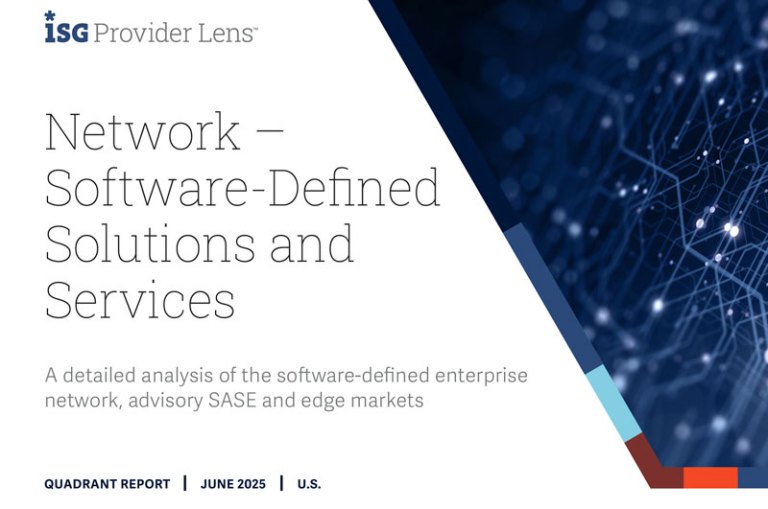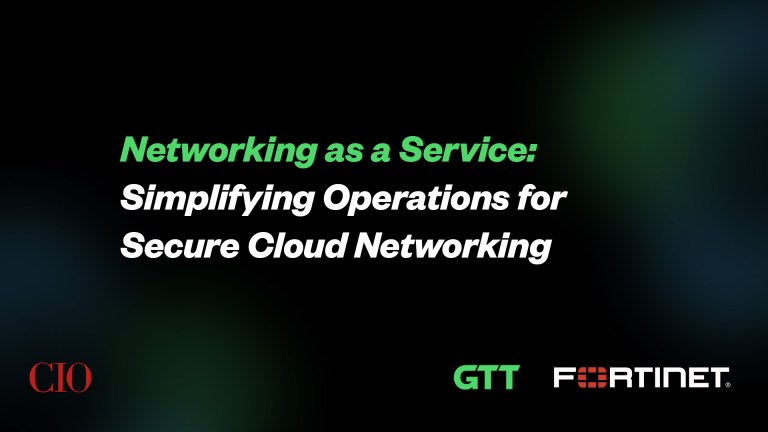As you look to protect your sensitive data and mission-critical systems from the ever-changing security threats, techniques, and procedures (TTPs), cloud-based security frameworks are rapidly establishing themselves as the best solutions. The case is being made for integrated SASE (Secure Access Service Edge) frameworks as a new best practice to protect your perimeter.
Business drivers that accelerated during COVID don’t show any signs of slowing. Working from anywhere is not just a pandemic phenomenon but a clear part of the future of many businesses. Migration to cloud computing was well underway before the pandemic and accelerated well ahead of industry forecasts as many businesses took were forced by the crisis to pull forward planned (and not yet planned) changes to meet rapid shifts in demand.
We have all heard the stories of applications built in a few days or weeks as a response to the urgent call from management. Cloud-first architectures drive increased integration to third-party / Software-as-a-service offerings to speed services to market. Collectively, these changes to where and how our critical systems operate have expanded security perimeters everywhere, leading to the important need for SASE framework solutions.
A SASE framework brings together valuable security services into one elegantly integrated solution. Much of the power of SASE comes from the integration of automated configuration and unified reporting. These powerful frameworks will speed response as new TTPs evolve the need for complex and sophisticated security capabilities.
What Are the Components of SASE Security?
Today’s SASE frameworks combine powerful network capabilities including software-defined wide area network (SD-WAN) and a robust collection of security tools such as firewall-as-a-service (FWaaS), secure web gateway (SWG), zero-trust network access (ZTNA), and cloud access security broker (CASB). Each of these tools has evolving feature roadmaps that continue to address ever changing threat actor behaviors and the changing needs of the mission-critical applications and their users.
Software-defined wide-area networking (SD-WAN)
SD-WAN is the foundation for SASE frameworks because it gives us an integrated solution for simple network policy updates that can be controlled by the enterprise in the context of all the other SASE framework tools. SD-WAN supports user control to define business policies and define network resiliency models. The ability to control network configuration to conveniently update bandwidth allocations that address the changing needs of applications, sites, and networks is making SD-WAN one of the fastest-growing network technologies.
Firewall-as-a-service (FWaaS)
FWaaS is critical to augmenting the premise-based, software-based, or hardware-based firewalls where misconfiguration and struggle to scale is a risk, despite frequent policy updates made by dedicated and highly trained professionals. FWaaS provides scalability and elasticity to block malware from systems while acting as a platform that incorporates antivirus, firewall, and anti-malware capabilities. Reducing the risk of misconfiguration, FWaaS automation brings increased network visibility and streamlined policy updates.
Secure web gateways (SWGs)
SWGs protect users from web-based threats regardless of where they work. SWGs apply and enforce corporate acceptable use policies to mitigate malware, phishing, and botnet attacks by denying access to malicious internet websites. Recognizing that more value and intellectual property is created by desktop applications and stored on remote desktops, SWGs contain broad data loss protection (DLP) and unmanaged application control capabilities.
Zero-trust network access (ZTNA)
ZTNA implements strengthened and consistent security controls to allow access based on simplified, enforceable policies associated with an individual user. Policy granularity goes well beyond permitting device access to key systems, applications, or data by delivering service or application-level access based on specific user authentication delivered at the time of the request.
Cloud access security brokers (CASB)
CASB monitors user interaction with all cloud applications and enforces security policies to allow or deny access to applications, mitigating shadow IT and augmenting DLP of intellectual property. CASB systems provide a detailed log of cloud transactions, including logins, remote filesharing, uploads, and downloads. Another benefit of CASBs in the SASE framework is support for cloud security posture management, which detects misconfigurations for IaaS (infrastructure as a service) platforms to reduce the risks of data loss and reduced service availability.
Talk to GTT’s experts and ask us for a demo of SASE: Secure Connect.
Some customers explore best-in-breed offerings instead of a single-stack technology offering. This path leads back to complexity and usually slows adoption – a scenario analogous to five individual selection processes. Most companies would struggle to resource in parallel to achieve roughly the same timeline for selection, contracting, and implementation planning. But even if they are able to achieve that, can operations (IT, network, and security teams) adapt to these changes in the same timeframe? Additionally, they will experience the complexity of collecting data from disparate systems as they take on the burden of developing their own automation to synchronize changes that impact one another. To remove the complexity of a best-in-breed offering, customers look to managed service providers to alleviate the burden placed on operations so that the enterprise can realize the benefits of a best-in-breed solution. The managed service provider is charged with delivering an integrated solution that aligns with the customer’s business objectives.
Integrated frameworks bring thoughtful reporting as a key component to the offering. Compliance reporting will be immediately usable and robust. Digital experience monitoring provides insight to service delivery paths between users and applications, which should help reduce the time to detect and restore service levels. Network and security teams will benefit from common usability models that deliver single panes of glass along with extensible APIs for integration into enterprise workflow and operational systems.
Hosted, integrated offerings also provide the benefit of a timely stream of best-in-class feature deployment without the need to commit internal staff time to testing and fielding software updates. In addition to ensuring the most up-to-date features against the current TTPs, this also frees the team’s time to plan the implementation of new capabilities in the coming roadmap of releases to take full advantage of new capabilities as they are delivered.
Even if they have talented enterprise security teams, enterprises shouldn’t go it alone. The best path to effective implementations that reduce learning curves and day 1 configuration risks is to engage with a managed services security provider with a service wrapper of professional services to augment your planning and implementation support.
SASE frameworks can help meet the rapidly changing needs of applications, users, and networks today. As the enterprise perimeter rapidly becomes harder and harder to define, we need an integrated set of network and security policy tools that come with powerful automation and immediately usable reporting. Unlike best-of-breed tool strategies that increase complexity, hosted, integrated SASE frameworks are here to protect your perimeter today.
Interested in learning more about GTT’s SASE framework?
Connect with our experts and ask us for a demo of Secure Connect to gain a firm foothold in the SASE security landscape.


